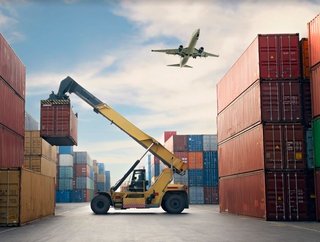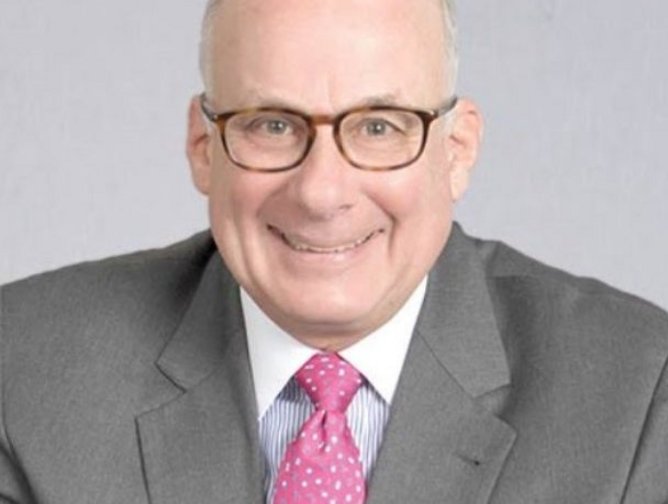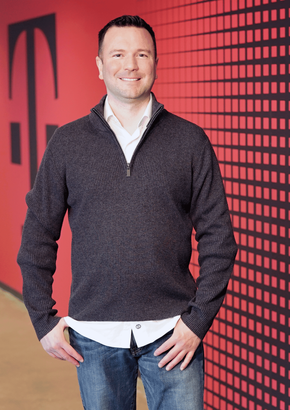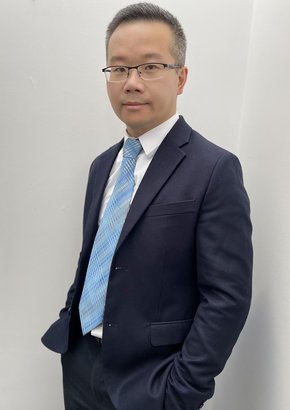Top supply chain lawyer's book probes politics of supply


Tell us a little of yourself
Early in my career, I worked in the US Senate as legislative counsel to Senator Hugh D Scott. For the past 35 years I have been in private practice with the law firm, Meyer, Unkovic & Scott. I’ve appeared in the top 20 of the Best Lawyers in America list for the past 20 years.
You’re a lawyer. Why supply chain?
Over the past 35 years I’ve travelled to Asia more than one-hundred times, handling international business transactions. Much of this work involved both inbound and outbound foreign direct investment between the US and primarily China and Japan.
As time went on, I began to understand these transactions were part of an intertwined network, with many involving the global supply chain. It was this realisation that led to me writing my book.
What is the thrust of the book?
My book’s message is that the global supply chain is broken. Many assume the pandemic is the reason for the collapse. It’s not. Instead, four trends are largely responsible for the transformations already underway. In the book I describe these as ‘Max Trends’.
These are:
- The growing threat of cyber attacks on supply chains around the world.
- The revolutionary impact of 3D printing on manufacturing.
- The rapid and disruptive adoption of robotics and AI.
- Nations protecting their domestic economies from aggressive foreign competitors.
I think the biggest casualty of this over the next five years will be China. Some companies have already begun the process of relocating their supply chains out of China to other sites in Southeast Asia, India and the Americas.
What are the main messages of the book?
The book contains practical advice and strategies for C-suite execs, boards of directors, senior managers, and anyone else involved in directing and monitoring supply chain activities.
The trends I describe in the book are impacting companies globally, and ignoring them comes with a high price.
One thing is clear: the world economy as we once knew it will never return. The challenge now is for companies to figure out how to adapt their activities and operations to a quickly changing landscape.
Companies that are responding to economic and political pressures by reshoring supply chains are poised to be the most successful over the long run.
Who inspires you?
The first President of the United States, George Washington. Aside from being the most important political figure in American history, Washington was the first to recognise that America needed to develop a self-sufficient manufacturing base to avoid being subject to foreign control and influences.
It’s ironic Washington foresaw America’s future, by demanding it be more than just a consumer economy - that it needs to depend on its own resources and technologies.
Where will supply chain be in 5 years' time?
The global supply chain will not at all resemble what America has relied on for the past 30 years. Companies insightful enough to adapt their operations will survive and prosper. Those that fail to reform how they conduct international business will face possible collapse, and this will be an opportunity for more innovative companies to take their place.
Biggest challenge for supply chain?
The major challenge I see is getting top corporate executives to recognise that having a secure and reliable supply chain is absolutely critical to a corporation’s survival. Too many C-level executives and boards of directors simply do not get it.
They wrongly assume that supply chain problems are merely something that can be fixed by lower-level company employees. Frankly, those CEOs and executives who do not understand what is going on need to be replaced by boards of directors run by individuals who prioritise the long-term future of their companies by securing their supply chains.
Most rewarding part of your work?
Seeing companies that have been battered over recent years begin to restructure and strengthen is truly rewarding. Companies, regardless of their size, now have the chance to reorganise and come out stronger on the other side. As a lawyer advising these companies, I take great pleasure in being a part of that process.
Featured Interviews
“People are always at the centre of client conversations because they are the lifeblood of all companies”






